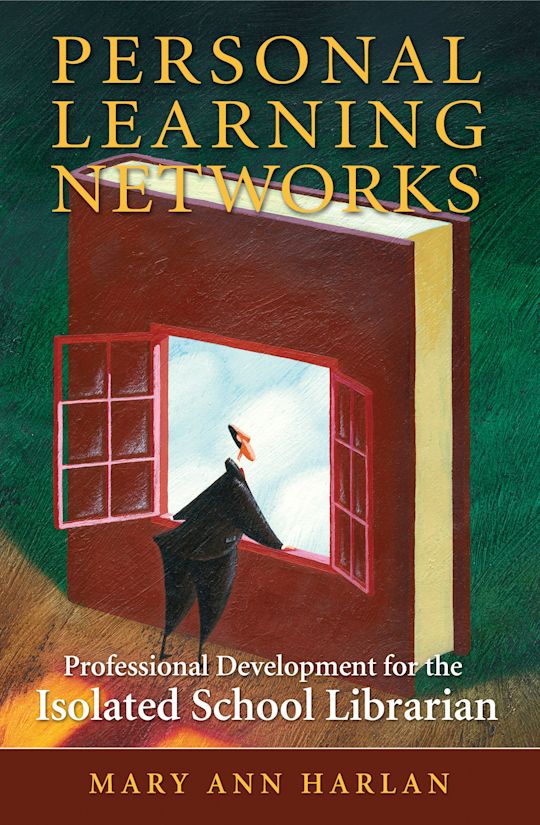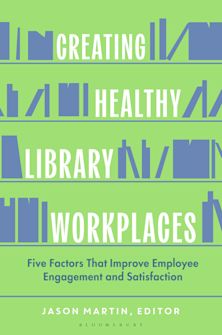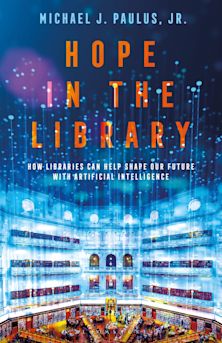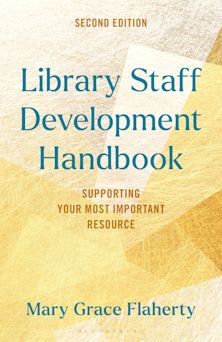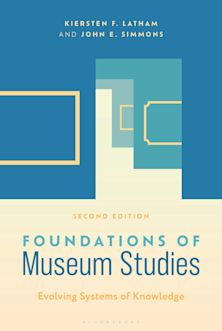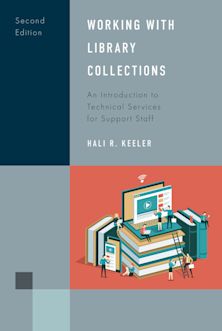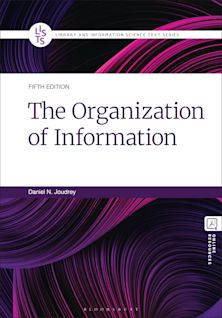- Home
- ACADEMIC
- Library & Information Science
- Library and Information Science Professions
- Personal Learning Networks
Personal Learning Networks
Professional Development for the Isolated School Librarian
Personal Learning Networks
Professional Development for the Isolated School Librarian
This product is usually dispatched within 2-4 weeks
- Delivery and returns info
-
Flat rate of $10.00 for shipping anywhere in Australia
You must sign in to add this item to your wishlist. Please sign in or create an account
Description
Most school librarians are solo librarians working with little direct contact with their counterparts in schools or in other types of libraries. This makes it very difficult to keep up with trends and issues. Building a personal learning network will help overcome the isolation.
Most school librarians are solo librarians working away from little direct contact with their counterparts in schools and in other types of libraries. Sometimes this is geography and other times it is the lack of opportunities within their school districts or communities to become acquainted and communicate. It is very difficult to keep up with trends and issues, new methods or activities that should be tried in libraries. For those who did not learn the importance of professional development in their education programs, the author discusses the need for the solo librarian to remain current and to continue to find ways to use in continuing advocacy for their school library programs. Building a personal learning network can help overcome the isolation. Opportunities for becoming active at the state and national level are described as well as how to go beyond the library. Social bookmarking, social networks, and online conferences are discussed. Because many lack funds to attend conferences, readers will be pleased to learn that most of the activities can be done without leaving home.
Product details
| Published | 20 Mar 2009 |
|---|---|
| Format | Paperback |
| Edition | 1st |
| Extent | 108 |
| ISBN | 9781591587903 |
| Imprint | Libraries Unlimited |
| Dimensions | 235 x 156 mm |
| Publisher | Bloomsbury Publishing |
About the contributors
Reviews
-
This little book offers big value for the new school librarian as he or she struggles in—as the subtitle accurately states—an isolating profession. . . . Harlan offers commonsense information about professional development opportunities using both old and new technologies. . . . She also offers advice on how to manage all of this. Related information, hints, and Web sites are set off within the text but do not break the flow of the narrative. An extensive glossary adds to the value. As with any book dealing with technology, one hopes for frequent revisions to keep the information current.
Booklist
-
Harlan, a school librarian, explains how to build a personal learning network for librarians who want to feel connected to the educational world and enhance their professional growth. She details aspects of Web 2.0 for those new to the environment; describes the use of RSS feeds, wikis, blogs, social bookmarking, social networking, podcasting, vodcasting, short message blogging through Twitter, book networks, and Second Life; and provides background on the importance of professional development, as well as traditional tools like conferences, organizations, online courses, and listservs. She gives descriptions of many sites throughout.
Reference & Research Book News
-
. . . it contains information all school librarians will find useful. . . . This is a well researched and written resource with an impressive list of websites . . . Recommended.
Library Media Connection
-
Harlan offers ways to be involved in national, state, and local organizations and online conferences and courses (many are low-cost or free). Although this book was written for school librarians, it is highly recommended for all librarians who are new to using social networking tools.
School Library Journal
-
This guide is recommended for librarians new to the profession or new to the technology involved in running a twenty-first century school library media center.
Catholic Library World









